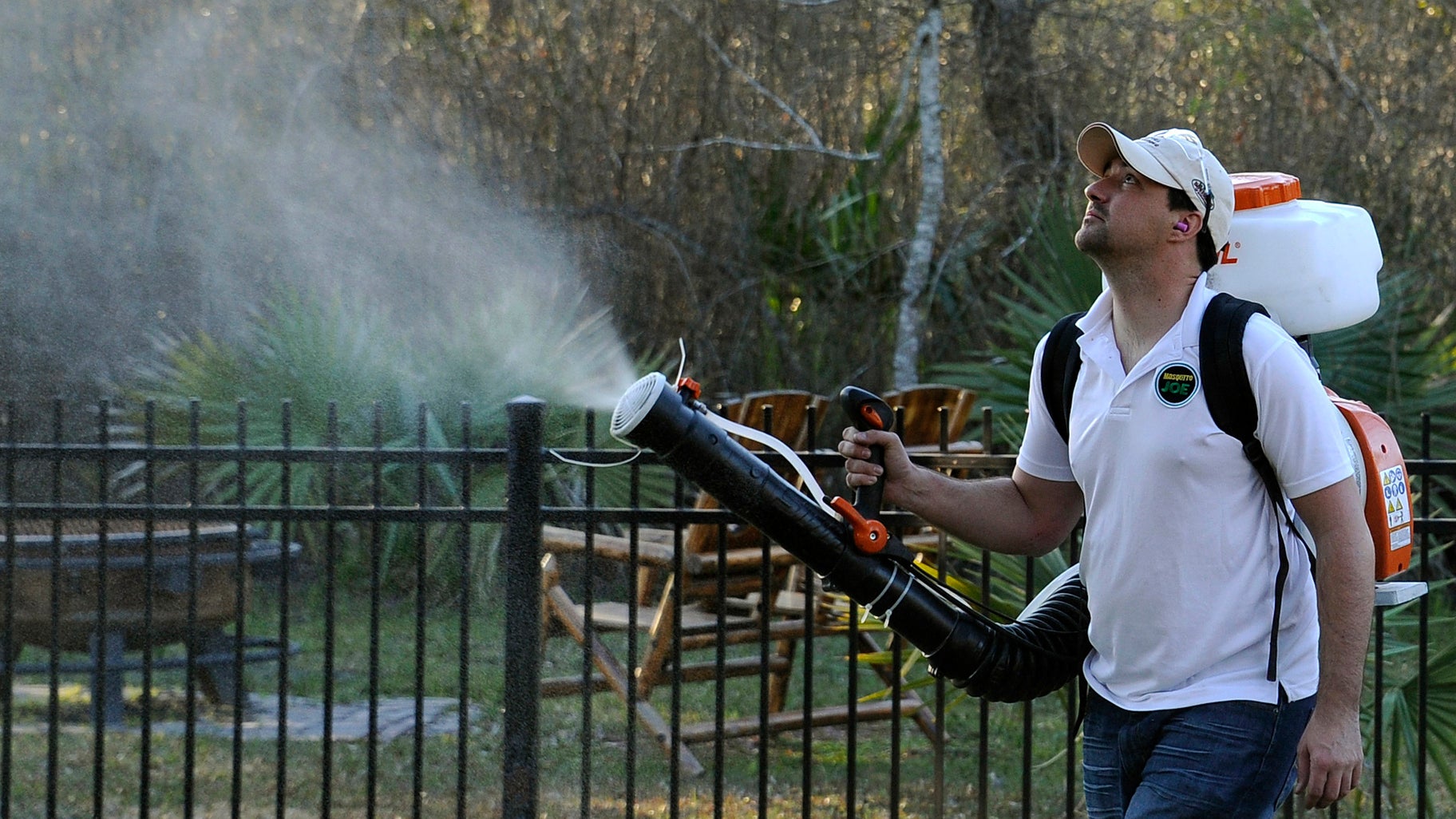Additional resources in Delco target mosquitos for Zika prevention

In this Wednesday
Money to spread information — and tamp down fear — about the Zika virus has arrived in the Delaware Valley.
Delaware County now has an extra $46,000 to extend mosquito-monitoring efforts. Technicians — from Penn State University’s extension site — who hunt for signs of West Nile virus will set traps for the mosquitos that carry Zika.
“Two different types of traps,” said Lori Devlin, Delaware County’s Intercommunity Health Director. “One is using a liquid. It’s almost like a stink water that they use. The other is using a vapor.”
So far there are no signs of Zika-infected Aedes aegypti species in this region.
“The mosquito is actually one that’s found in the United States, so it could happen,” Devlin said.
So health officials are on guard and prepping to fight the insects if, and when, they are found here.
For individuals, insect repellant and long sleeves are the best prevention. The Environmental Protection Agency also suggests using window and door screens to reduce risk of contact with mosquitos.
Planning for prevention
On Thursday, the Center for American Progress, a Washington, D.C., think tank, gathered experts to discuss the need for better access to contraception and family planning in order to help women avoid pregnancy if they are at risk for the virus.
Zika has been linked to serious birth defects in Brazil and other countries and is spread by mosquitoes and sexual contact.
“There is very little information going right now to the community,” said Ann Marie Benitez, senior director of government relations at the National Latina Institute for Reproductive Health. “It’s hot and cold. ‘Zika is really dangerous’, or ‘Zika is not going to impact me at all.’
“There have been requests from community health workers and promotoras who have the ability to reach out to the community in a very culturally competent way, but they don’t have the access to those trainings to learn more about Zika,” she said. “So right now, what the community’s doing is calling families in Central America and Latin America and trying to find out what they know.”
Delaware prepares
Officials in the state of Delaware are offering pregnant women Zika prevention kits that contain education materials, mosquito repellant, and condoms.
“People who are pregnant still have sex,” said Awele Maduka-Ezeh, medical director for the division of public health. “The idea is to prevent transmission of the virus to the baby.”
So far there have been 10 cases of travel-acquired Zika in Delaware, but no infections acquired locally through sex or mosquitos.
Maduka-Ezeh says it’s impossible to know when that kind of transmission might appear in Delaware. But she said it’s little surprise that the first locally acquired cases on the mainland of the United States showed up in Florida.
That state has a large population of the mosquitos that carry Zika, and “tons of people come in and out of Florida from [Zika-infected regions of the] Caribbean,” she said.
WHYY is your source for fact-based, in-depth journalism and information. As a nonprofit organization, we rely on financial support from readers like you. Please give today.

